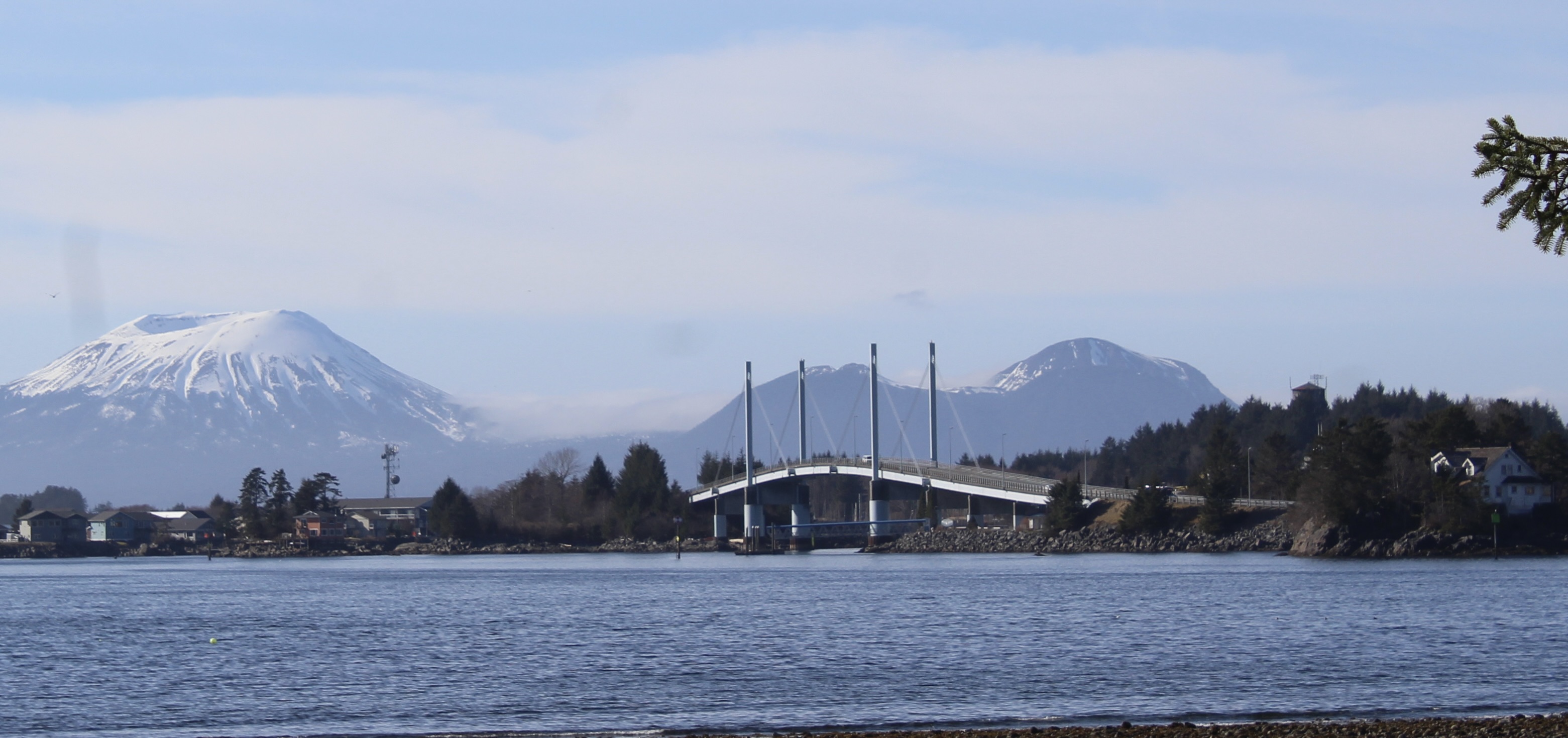
- Details
- By Levi Rickert
In February, the U.S. Department of Transportation rejected Alaska’s four-year statewide transportation improvement program, or STIP. Alaska was the only state in the union that had its STIP rejected.
After Alaska’s STIP was rejected last month, state officials, including Rep. Mary Sattler Peltola (D-AK), went to work to ensure that the Transportation Department funding dollars were not lost. She began a series of conversations with U.S. Department of Transportation (DOT) Secretary Pete Buttigieg and the Alaska Department of Transportation and Public Facilities (DOT&PF) to accomplish the task.
On Wednesday, it was announced that the U.S. Federal Highway Administration (FWHA) had partially approved its four-year spending plan, putting the agency on track to deliver $5 billion in transportation investments for Alaska roads, ferries, bridges, bike lanes, and safety improvement projects.

Wednesday’s partial approval came after the agency rejected the state’s first submission, citing 24 pages of flaws with the $5.6 billion plan.
Peltola said that given Alaska’s roads face harsh elements and require constant construction and maintenance, it is critical that the STIP gets fast approval.
“Today, I was happy to get a text from Pete sharing that the Federal Highway Administration had partially approved Alaska’s STIP to keep some of Alaska’s biggest projects on track. I’ll keep working to get as many highway dollars to Alaska as I can,” Peltola said.
After Wednesday’s announcement of the partial funding for Alaska’s STIP, Transportation Assistant Secretary for Indian Affairs Arlando Teller (Navajo) spoke to Native News Online on the importance of the funding.
“This investment is essential for tackling the exceptional transportation difficulties encountered by Alaska and Native Alaskan Villages on a regular basis,” Teller said.
According to the Transportation Department’s guidelines, had the plan been fully rejected a second time, it would have had a lasting impact on Alaska’s summer construction window with ripple effects across the state.
More Stories Like This
Native News Weekly (August 25, 2024): D.C. BriefsUS Presidents in Their Own Words Concerning American Indians
Two Murdered on Colville Indian Reservation
NDAA passes House; Lumbee Fairness Act Advances
NFL, Vikings to Host Native All-American Game, Youth Flag Clinic
Help us defend tribal sovereignty.
At Native News Online, our mission is rooted in telling the stories that strengthen sovereignty and uplift Indigenous voices — not just at year’s end, but every single day.
Because of your generosity last year, we were able to keep our reporters on the ground in tribal communities, at national gatherings and in the halls of Congress — covering the issues that matter most to Indian Country: sovereignty, culture, education, health and economic opportunity.
That support sustained us through a tough year in 2025. Now, as we look to the year ahead, we need your help right now to ensure warrior journalism remains strong — reporting that defends tribal sovereignty, amplifies Native truth, and holds power accountable.
 The stakes couldn't be higher. Your support keeps Native voices heard, Native stories told and Native sovereignty defended.
The stakes couldn't be higher. Your support keeps Native voices heard, Native stories told and Native sovereignty defended.
Stand with Warrior Journalism today.
Levi Rickert (Potawatomi), Editor & Publisher


